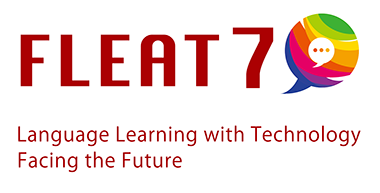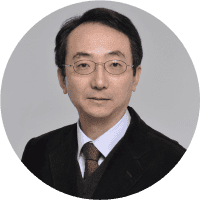


Biography
Hayato YAMANA is a professor at Waseda University, Tokyo, Japan. From
2003 to 2004, he was an IEEE Computer Society Japan chapter chair.
From 2015 to 2017 he was a director of IPSJ (Information Processing Society of Japan) and a vice chairman of information and communication society of IEICE (the institute of electronics, information and communication engineers). From 2018 he is serving on the board of governors of IEEE Computer Society. At Waseda University, he has been a deputy chief information officer and WasedaX project director since 2015. His research area is big data analysis including mother tongue detection and analytics in education.
Keynote Presentation:
Abstract
In this talk, I will introduce latest learning analytics techniques, including mother tongue detection, automatic process-analysis of problem solving, and dropout prediction in MOOCs. The first analytics is mother tongue detection from written documents. Our proposed mother tongue detection method for English and Chinese written documents achieves accuracy of 77%. When the testee becomes almost equal to native English or Chinese language writer, the detection of mother tongue becomes difficult as you can easily understand. This means we are able to adopt a mother tongue detection technique as one of the features to analyze how the testee can write fluent English or Chinese. The second analytics is related to process-analysis of problem solving. In this analysis, our team analyzed online handwritten strokes gathered by a digital pen when a testee is solving geometric problems in Math and long-term reading comprehension problems of the Japanese language. By analyzing the strokes, many things could become understandable, which includes whether the testee solved the problem with intuition or not, and what kind of theory the testee used. Finally, our current status of dropout prediction in MOOCs is presented. In MOOCs, usually over 90% of participants drop the course during several weeks so that how to detect such candidates is indispensable to increase courses’ pass ratio. Theses analytical results will have possibility to advance our future learning methods.